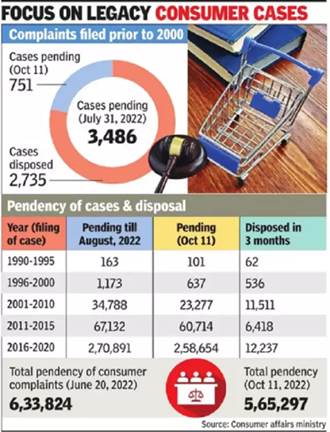Free Courses Sale ends Soon, Get It Now


Free Courses Sale ends Soon, Get It Now



Copyright infringement not intended
In News
Consumer Protection Act, 2019
https://t.me/+hJqMV1O0se03Njk9
© 2024 iasgyan. All right reserved